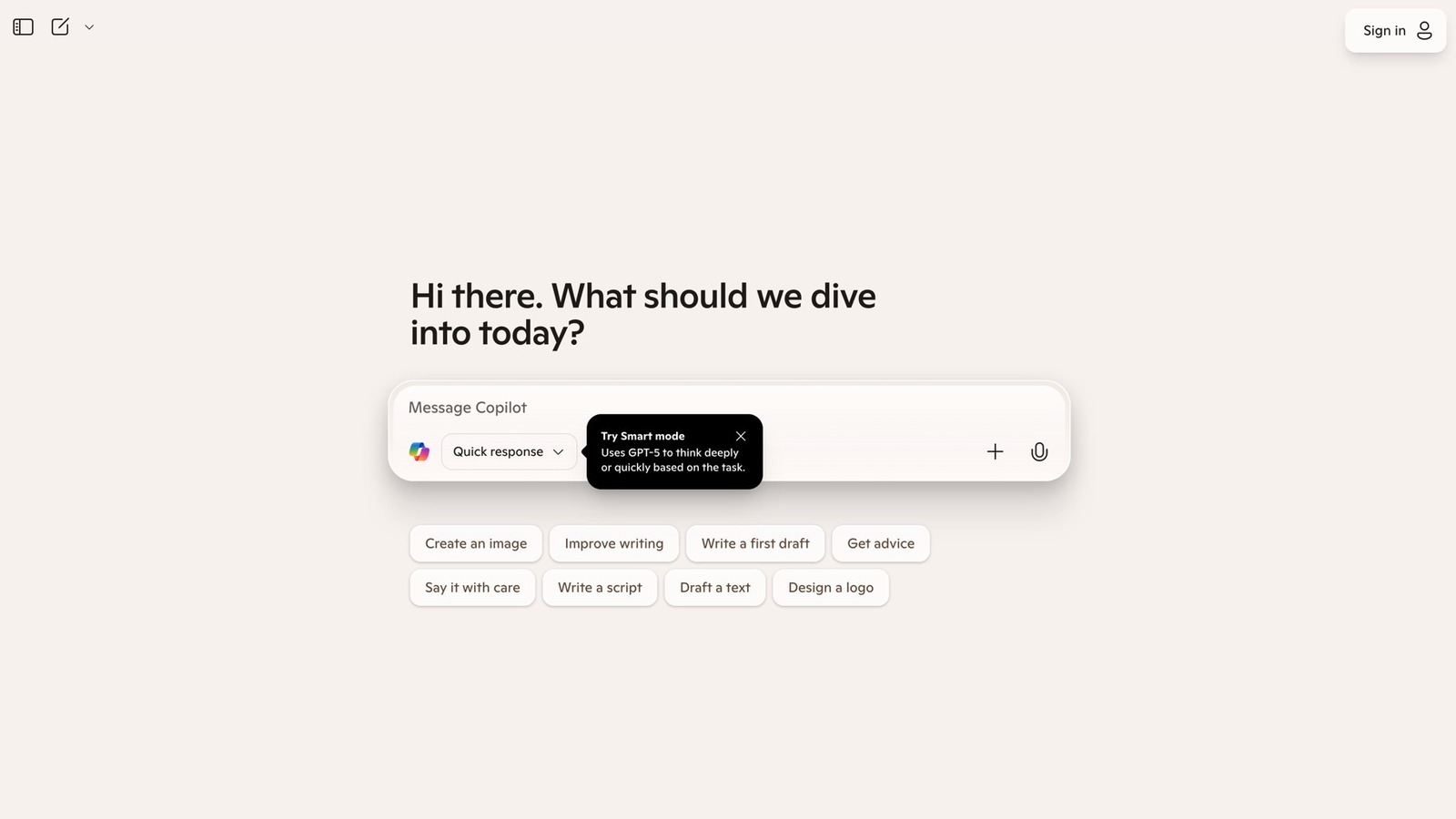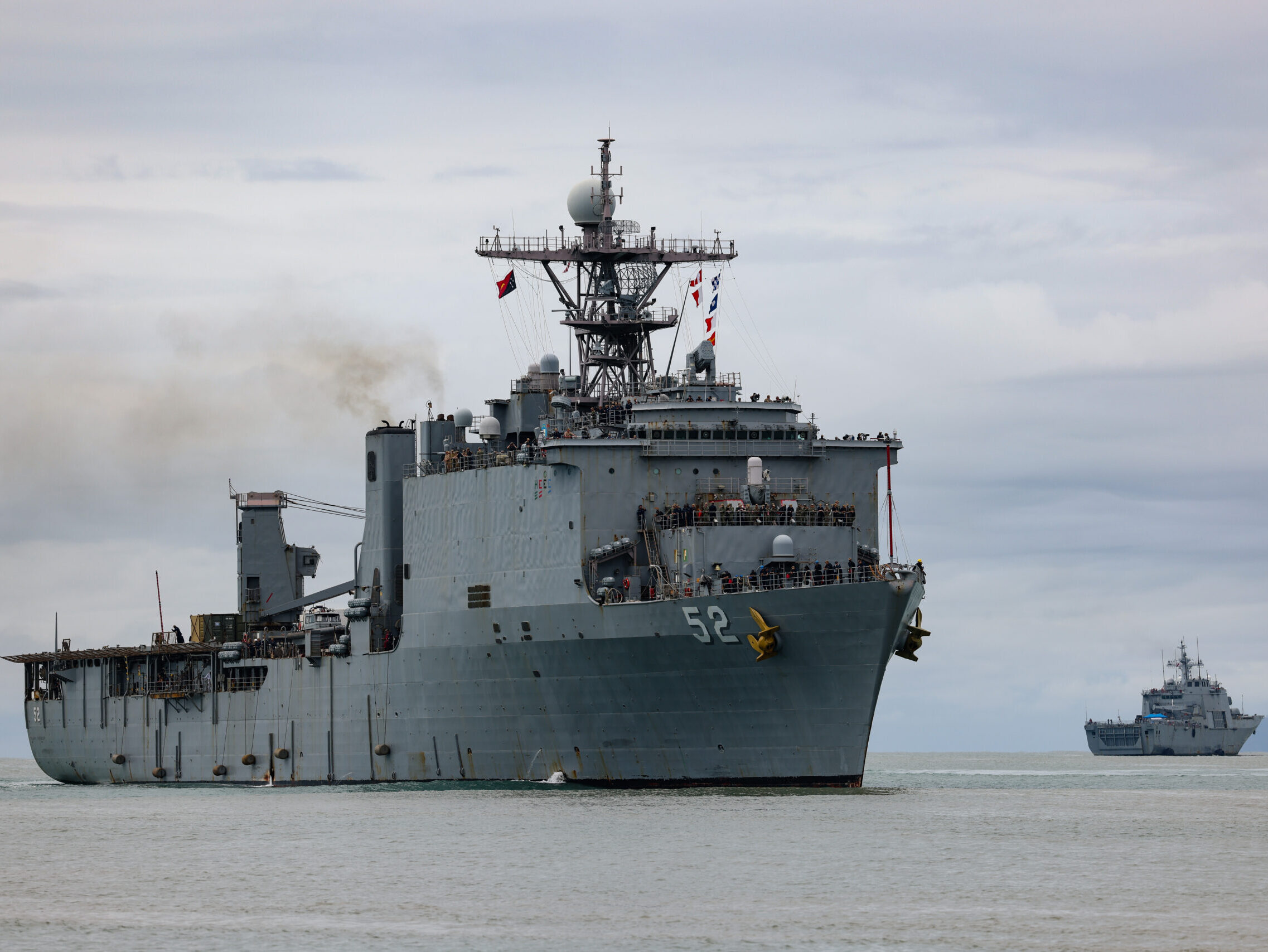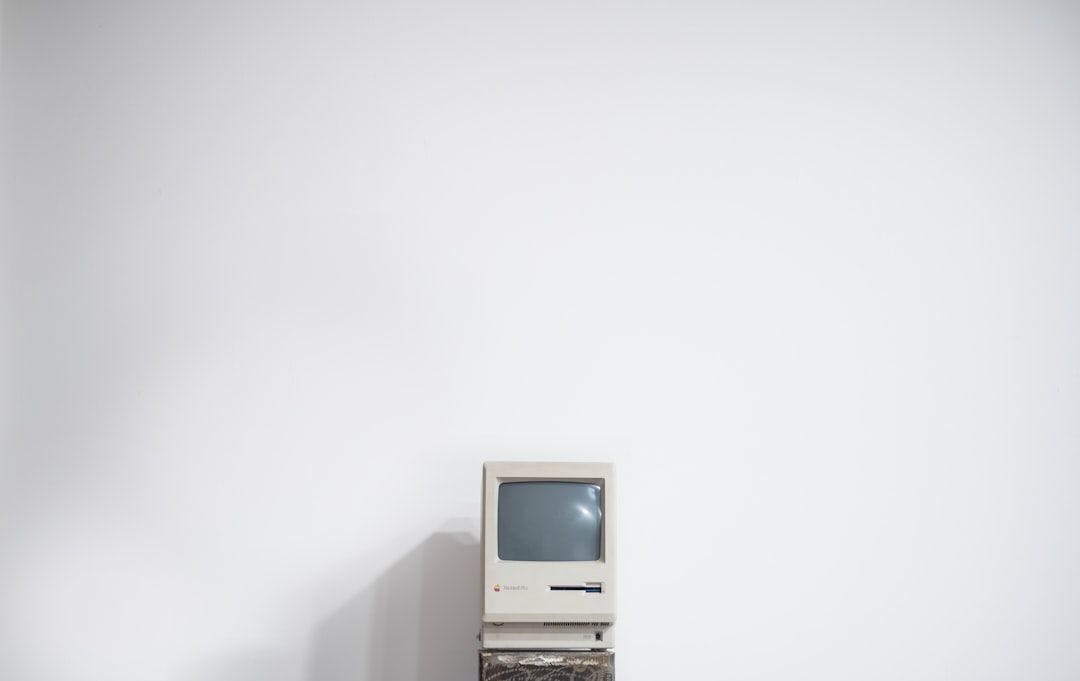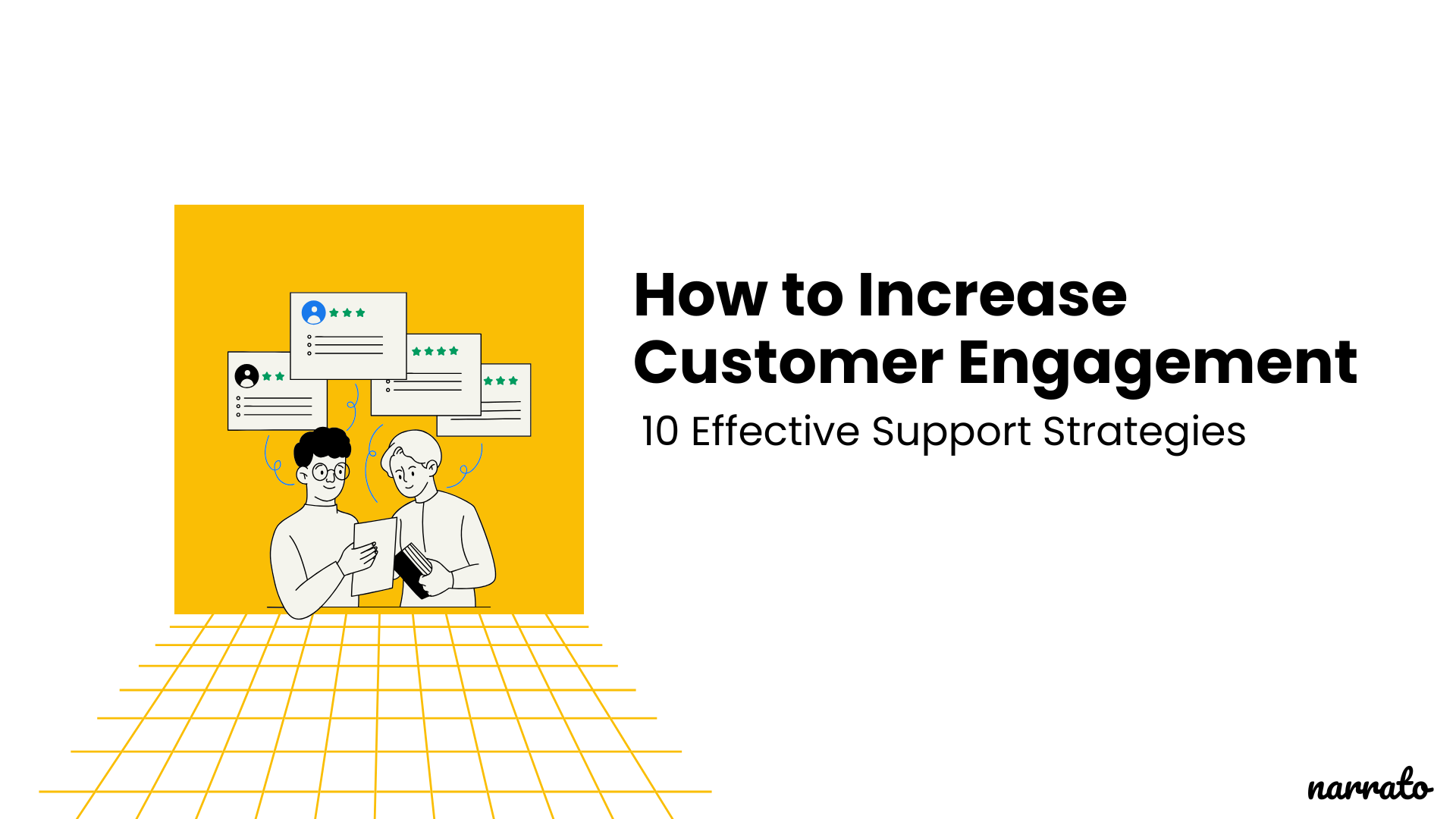Los Angeles Iranianians celebrated Nowruz with a festival and parade in Downtown LA in 2023. [Photo by Shutterstock, via KCRW]
On June 13, Israel launched an unprecedented attack on Iran, triggering a war that lasted for 12 days. This resulted in the killing of countless civilians and revived fears internationally for the possibility of a world war three. Some Americans and others, including United States senators rushed to social media to praise Israel’s attacks, many maliciously framing the bombings as a win for “women’s freedom” in Iran.
As Israel continued its attacks, the U.S. joined in right after by bombing Iran’s nuclear facilities. Through this action, our government has proven that its involvement in Israel’s wars intends to reignite its cycle of death and destabilization in the region, just as it did in Iraq, resulting in the killing of over half a million Iraqis.
According to The Seattle Times, Israel killed over 1,060 Iranians, the death toll has risen significantly, as Iran deals with the aftermath of Israel’s destruction. Niki O, an Iranian American from LA reflected on how Israel’s attacks made them feel. “The 12 days of the war was extremely difficult for me. A debilitating fear flooded my body while witnessing the destruction of my homeland.”
“Every night of the war I went to bed afraid of what escalation would take place in my sleep,” she said. “Every morning, I would wake up to a debilitating anxiety, fearful of checking my phone — estimates suggest Israel killed almost 1,000 people, most of whom were civilians.”
Pouneh Behin is an Iranian from LA who has family living near the cities that were affected by Israeli bombings. “When the bombings were happening, I was really not okay emotionally and mentally,” she said. “Knowing that most of my family does live there, including Tehran and areas where the bombings took place, there was intense fear of carpet bombing happening [and] Israel doing what it does, which is demolish entire regions, [killing] so many people. The numbers are believed to be much higher.”
Israel’s long standing animosity toward Iran has historically been stretched for decades, as Iran stands as a dominant power in the region. Iran, also being one of the very few Middle Eastern countries with no ties to the Zionist state and propping up Palestinian resistance and the fight for liberation, makes the country a powerful obstacle toward Israeli interests.
Many Zionists and anti-Islamic Republic Iranians who fled Iran after the Islamic Revolution have been the loudest voices in much of mainstream media. They have espoused support for Israel, condemned the Islamic Republic, and encouraged the bombings of Iran in the name of so-called freedom. Those same individuals tend to romanticize The Shah, the leader of Iran pre-1979 revolution, claiming he was the best leader for Iranians. The Shah held a reputation of authoritarianism and was known as an ardent Zionist, responsible for violence and oppression of his own people, minorities, and for restricting political freedoms in Iran.
With that, he was backed by the West, installed through a coup by the CIA and MI6 due to the prime minister Mohammad Mossadegh pushing to nationalize Iran’s oil, which was under British control at the time in the early 1950s. This resulted in a successful coup in August of 1953, which placed Mohammad Reza Shah Pahlavi in power with US backing until the Islamic revolution of 1979.
Behin shared that the Zionist Iranian community is a fringe one. “The reality is that Zionist Iranians are a minority voice within the Iranian community, both historically and now and they’re mostly out of the Los Angeles diaspora,” she explained. “Historically speaking, especially on the left, many leftist Iranians have worked alongside Palestinian freedom fighters. I think because not only is it the right thing to do, but also because they view us all as one region fighting against the threat of the west.”
She continued, “When it comes to the Zionist Iranian community in LA, they come from different backgrounds. I think a lot of people assume that they’re all Jewish ethnically and religiously, but that’s actually not the case. There are a lot of Iranians of Muslim and secular backgrounds, who have their own political agendas so they think that supporting Zionists or Israel is going to benefit them, it’s not that they actually care about Zionism, it’s that they will partner with anybody they view as beneficial.”
Some Iranians in the diaspora who denounce the Islamic Republic tend to be Zionist and pro-Israel by default, due to the Islamic Republic’s continued support for Palestine. More so, some even praise or commend the violence that is ensued by Israel and America, advocating for more war with Iran.
Eden, another Iranian American in the LA community, said, “Many Iranians may have already had anti-zionist beliefs, but I see more conversation over social media from peers. I’m not sure what is being said over Radio and TV channels in Los Angeles or in Iran, but I assume people are influenced into action through this media. It is odd to see Iranians in the diaspora advocating for more violence, since ultimately, it is everyday people in Iran who bear the brunt and are left to deal with the aftermath.”
It is evident that Israel feels deeply threatened by Iran as it is no match for an Iran armed with a nuclear weapon. Not only would such a development pose an existential risk for Israel, but one Iranian bomb could cause catastrophic damage to the region. In particular, Iran gaining nuclear weapons could directly shift the balance of power in favor of resistance groups supported by Iran, i.e. Hezbollah in Lebanon, the Houthis in Yemen, and Palestinian resistance groups in Gaza. These groups, many of which are unequivocal in their commitment to Palestinian liberation, would likely be emboldened by a nuclear-armed ally, challenging Israel’s long-standing military dominance in the Levant.
“Over decades, there has been a vested interest in de-stabilizing the SWANA/Middle East region,” said Eden. “While geopolitically, the issue may seem complicated, one explanation could be the vast natural resources in the region and the threat wealthy Middle Eastern nations would pose to the empire as an additional rival under capitalism. Iran, as a country and regime that is already somewhat lonely in regional political and religious alliances, and whose people have endured decades of heavy sanctions and inflation, may have seemed like an appropriate target.”
Behin added, “It’s about control and ensuring that Iran doesn’t have sovereignty or self determination. Iran is a regional power that has been able to do things that other nation states of the region are unable to do so Israel is very threatened by them and they think if they can control Iran they can control the region at large.”
When it comes to Western media and much of what is being said regarding the recent war on Iran, the majority of the content has showcased a one-sided view, one that demonizes Iranians and paints Israel as a victim.
“Western mainstream media, whether liberal or conservative, continues to serve an imperial capitalist agenda,” said Niki O. “So long as the Zionist colonial project of Israel continues to exist, western media will legitimize its crimes against humanity, defend its violent hegemony in the region, and give air-time to the voices of Israeli assets.”
She added, “For these reasons, the media will always perpetuate racist orientalist tropes of Arabs, Iranians, and Muslims. Israel threw the first punch and almost the entire establishment rushed to pump their airwaves with the overused and meaningless slogan, ‘Israel has a right to defend itself.’”
Israel still persisted in its genocide in Gaza as it was bombing Iran without warning. Trump’s green light towards Israel’s attacks on Iran has reignited the west’s long legacy of the demonization of Iranians that is so historically ingrained in many American minds.
Behin explained that this demonization of Iranians goes way back even before the Islamic Republic. “Nightline is a TV show that was created in the 80s and broadcasted every single night in order to inform Americans about what was happening with the hostage crises in Iran, and this show was very instrumental in instilling in Americans minds that Iran is the enemy. So for every single night, everyone who was alive in 1980 heard that Iranians and Iran were the problem for over a year. [This led] to Iranian businesses and homes being attacked, and there were protests in the US calling for the deportation of all Iranians. It all goes back to how the mainstream media played this role to demonize Iranians.”
Iran had stopped enriching uranium, ending their nuclear program as a result of the Iran nuclear deal that was signed in 2015, which Israel wasn’t satisfied with. There are speeches going back to 2012 where Benjamin Netanyahu, the current Prime Minister of Israel, and other Israeli officials make false alarms that Iran is just “days away” from developing a nuclear weapon. Many of these claims have been unfounded. Now because of this, more lives are on the line, due to increasing propaganda being spewed by Israel and the United States.
Iran has never invaded another country. While Israel commits documented genocide in Palestine, which the United States continue to support, genocide, Iran is attacked by a nuclear power in the region backed by the greatest super power of the world..
Why is everyone so concerned with Iran having a nuclear weapon but accepts that Israel has many and refuses to disclose the exact amount? Israel has never signed the Nuclear Non-Proliferation Treaty (NPT), a global treaty aimed to prevent the spread of nuclear weapons. Keeping in mind that Iran is a signatory while Israel is not.
Israel needs to fight its own wars, but it knows it cannot fight a war against Iran alone. This is why it conducts military strikes on Iran in the middle of Iran’s diplomatic negotiations with America. Through US and western sanctions alongside an economic crisis, Israel’s attacks on Iran have played a staunch role in destabilizing the country.
“Whether it’s via tax, bombs, sanctions, or Iran and the Iranian people, that is the root of it,” said Behin. “There is also the backlash [for] Iranians in the diaspora, especially in the US but also in some other Western countries where the Iranians live that are actively bombing Iran. [They risk] getting arrested by ICE, or getting threats on the street, because the US and Israel have a history of demonizing Iranians since the revolution and the hostage crises.”
As for the role of Iranians and allies in the diaspora, in terms of what is needed for support Eden said, “I believe Iranians in the diaspora must pressure their own nations to divest from war and control elsewhere. Iranians in the diaspora must vehemently support and uplift the voices, opinions, and desires of those who live in Iran. Change and opposition has to, at least partly, come from within each nation and its people, be it the United States, Israel, or Iran.”
“I think what the diaspora’s role is uplifting the voices of aligned Iranians on the ground in Iran, and make sure that’s who’s being advocated for because they are the most impacted,” said Behin. then “The other [role] when it comes to the US and other western countries is to stop the policies that they’re enforcing and sanctions is one of the biggest ones. US sanctions have put a huge toll on the health care system in Iran. Whether it’s being able to have ventilators in the ICU or certain medications, all of these things have become quite difficult because of the sanctions and a lot of the companies that make these products are in the West.”
Western sanctions, as well as Israeli aggression, weigh heavily on the people of Iran. As Iranians throughout the world brace themselves for a moment of respite now that a ceasefire has taken place, many grapple with the lingering effects of the war. The future of Iran will be shaped by a resilient people, reclaiming agency in the face of the threat of regional instability and a western backed colonial state.









